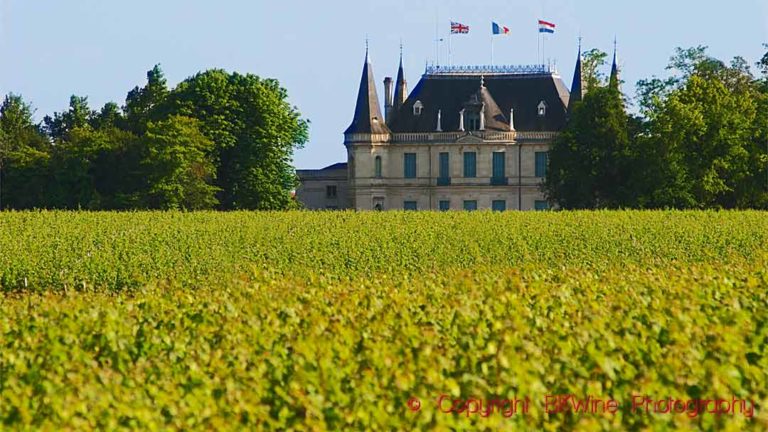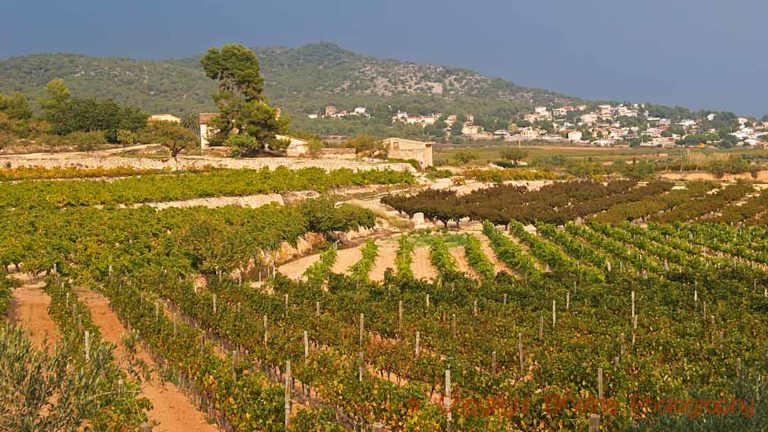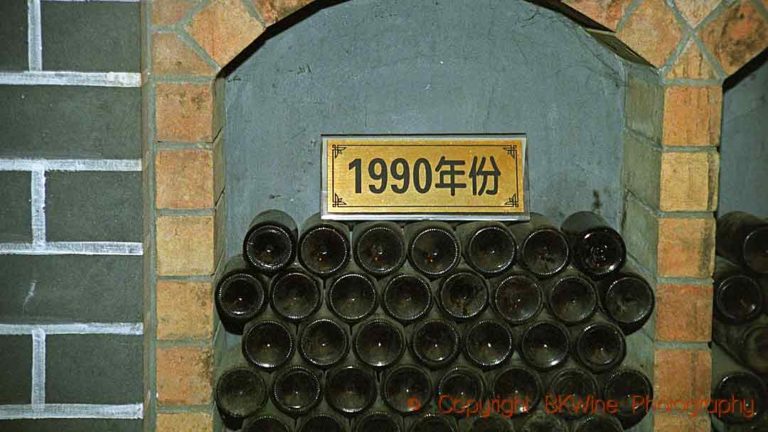BKWine Travel Stories: vintage organic
Millésime Bio is the only (as far as we know) wine fair dedicated to “vins bios”.
Bio wines translates to organic wines but the scope is a bit bigger since it also includes biodynamic wines (that are organic by definition but that have gone one step further, adopting the biodynamic ways of working).
This is the first time we come to this wine fair and it is certainly seems to be a “must” to come here for a wine buyer (and perhaps wine journalist) interested in organic wines. All very well organised (except the exceptionally poor organisation of transport to and from the wine fair – if any organiser reads this, then you should note that you definitely need to fix this problem. We took a taxi to get there, the rain was pouring down. Then we asked at the info desk how to get back to the hotel in the evening: “First you have to walk 20-25 minutes to the bus stop. Then you take a bus to get to the tram. You change to the tram, and it will take you to the city centre. Oh, and by the way, the walk is over a couple of dark and empty shopping mall parking lots”… Scandalous! But lunch was very good though…)
After spending two days at the event we’ve tasted many interesting wines, ranging from simple, straight-forward everyday wines (what you in French could call gouleyant or vins de soif, ‘thirst wines’), to very ambitious and sophisticated wines.
I’m not going to make a long story of all the producers we tasted (they will no doubt show up in various situations in the future here) but I’ll give you some of the names:
Albet i Noya (Penedes), Ampelidae (Loire), Champagne Fleury, Champagne Françoise Bedel & Fils, Clos Lapeyre (Jurançon), Dom Alain Chabanon (Languedoc), Ch Dudon (Sauternes), Clos Château Gaillard (Loire), Domaine Grand Guilhem (Corbieres, Fitou), Domaine Illaria (Irouleguy), Domaine la Courtade (Provence), La Grange de Quatre Sous (Languedoc), Dom de la Pinte (Arbois), Domaine la Tour des Videaux (Provence), Maison Humbrecht (Alsace), Dom Montirius (Vacqueyras, Rhône), Dom Olivier Pithon (Roussillon), Dom Pierre Breton (Loire), Dom Pierre Frick (Alsace), Château Richard (Bergerac), Dom St André de Figuière (Provence), Ch Yvonne (Loire), Dom Zumbaum-Tomasi (Languedoc Pic St Loup), Colombaia (Tuscany), I Tre Poggi (Piedmonte), Castello di Tassarolo (Piedmonte), Ch Pech-Latt (Languedoc), Dom Borie la Vitarèle (Languedoc), Dom Canet Valette (Languedoc), Château la Tour Grise (Loire), Bodega Enguera (Valencia), Château les Mangons (Bordeaux), Dom Clairac (Languedoc)…
All make very good wines in their respective ranges and categories.
Are they good because they are organic? Well, we’re not convinced that is the case. Perhaps it is, perhaps not. You can certainly also find a lot of bad organic wine. It may be a case of coincidences, so to speak (or mistaken causality): many organic (and biodynamic) winemakers care a lot about how they grow vines and how they make wines. Perhaps the wines are good simply because the producers are careful and thoughtful in what he does, and cares about the quality of the end result too…
There was one tasting that was so particular and so interesting, from a perspective of “what difference does it make what products you use and how you treat the wine” that almost in itself it made the trip worth while. But you will have to wait for the next BKWine Travel Stories post to read about that.
Millésime Bio, wine show for organic (biological, ecological…) wine – definitely worth going to.








